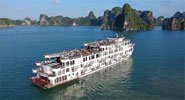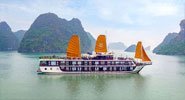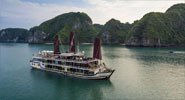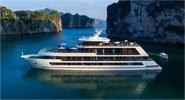Discover Halong Bay's Rich Archaeological History
It may surprise you to learn that Halong bay is widely regarded as one of the world’s cradles of mankind. Several ancient civilizations had their genesis in the area, going as far back as to 3.500-5.000 years ago.
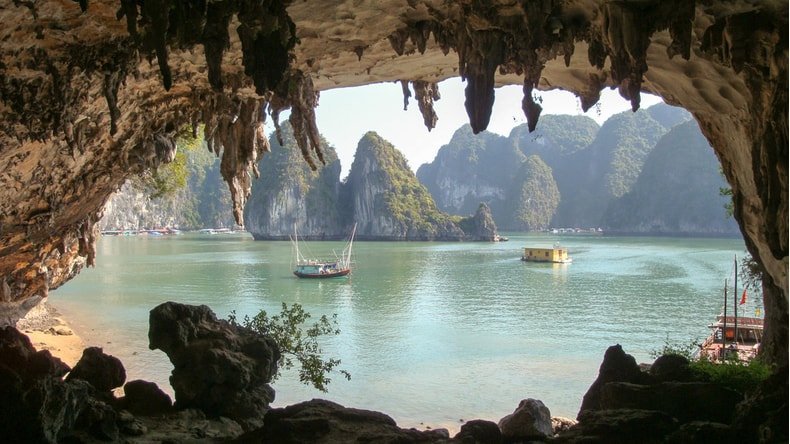
Archaeological Discoveries
In 1937, a local Vietnamese resident named Vu Xuan Tao stumbled upon a stone axe on Ngoc Vung Island, igniting considerable enthusiasm among French archaeologists.
More than two decades later, in 1960, archaeologists uncovered remnants of various rock and bronze tools dating back to the era of the Hung Kings. This significant find initiated extensive research across various sites within the region, yielding further insights into ancient history.
Since then, numerous remnants of ancient cultures have been unearthed, including ceramics, stone ornaments, a complex array of primitive caves, and a wide assortment of sophisticated stone tools. Many of these artifacts have been traced back to the Neolithic period, continuing to draw archaeology enthusiasts from around the world.
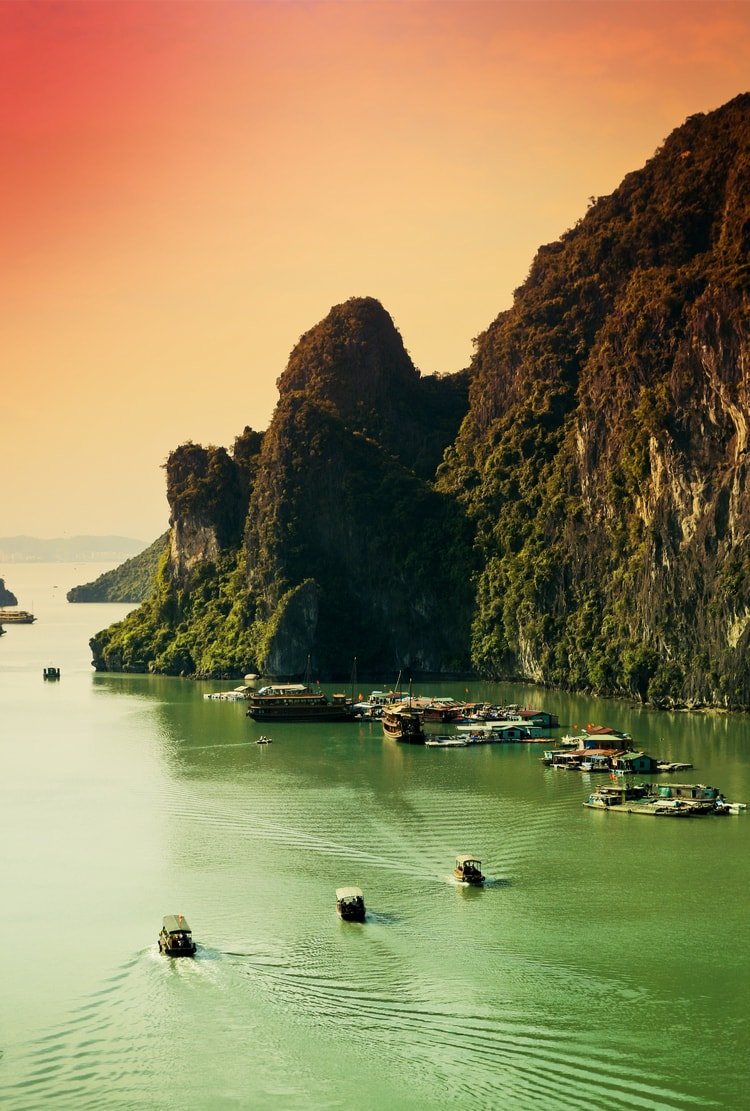 Ancient communities inhabited Halong Bay 3,000 to 5,000 years ago.
Ancient communities inhabited Halong Bay 3,000 to 5,000 years ago.
Ancient Civilizations
The artifacts discovered in Halong Bay reveal that, like many ancient civilizations, the people of Halong utilized tools for agriculture, hunting, and fishing. Among these implements, the hand axe stood out as a vital tool for the early inhabitants of Halong Bay, serving multiple purposes such as cutting, skinning, and scavenging. Today, the axe is regarded as a symbol of the ancient Halong people. Another cornerstone of Halong's archaeological heritage is its ceramics. The Halong people employed a ceramic turntable to produce a wide variety of distinctive pottery, which they took great pride in, as it helped define their unique cultural identity, differentiating them from neighboring communities.
Presently, most of Halong’s 1,969 islands and islets remain uninhabited. Fewer than 2,000 residents live in Halong Bay, organized into four main fishing communities residing in floating villages, sustained by local fishermen. Life in Halong Bay is intrinsically linked to the sea, with inhabitants adhering to a traditional lifestyle that has been passed down through generations.



